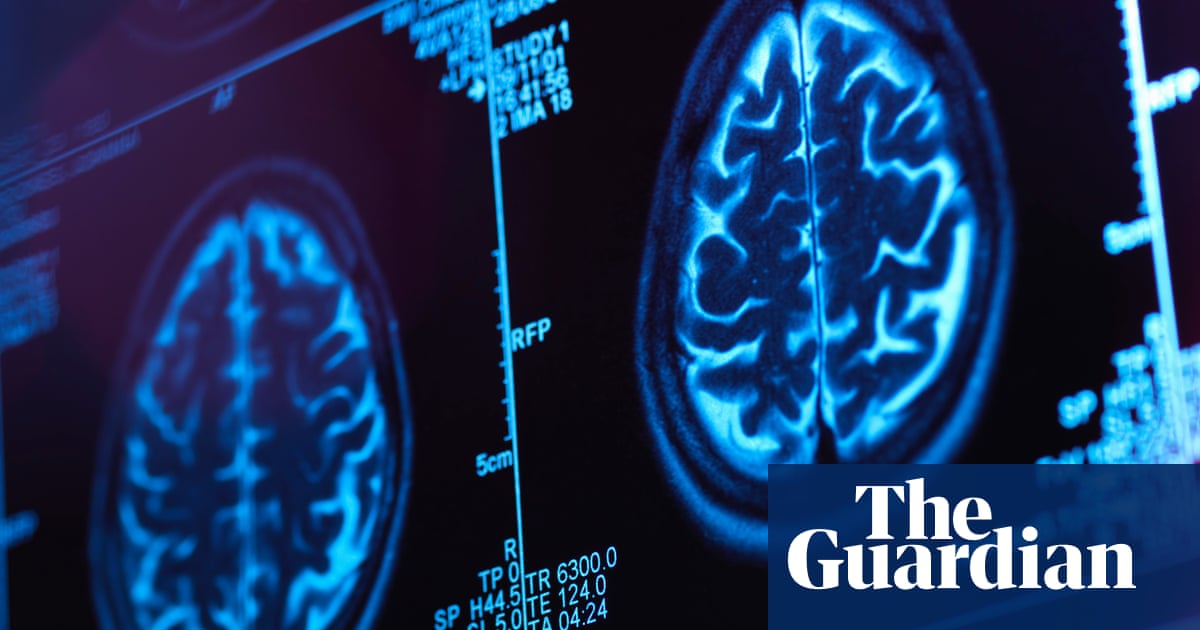Alzheimer's Association: Frontotemporal Degeneration
Alzheimer's Association: Frontotemporal Degeneration is a non-profit organization that focuses on research and advocacy for people with FTD. They offer various resources such as support groups, educational materials, and clinical trials.
72%
The Daily's Verdict
This news site has a mixed reputation for journalistic standards. It is advisable to fact-check, scrutinize for bias, and check for conflicts of interest before relying on its reporting.
Bias
85%
Examples:
- The ALLFTD-mApp allows clinicians to measure cognitive function in a person's own home using a smartphone.
Conflicts of Interest
50%
Examples:
No current examples available.
Contradictions
70%
Examples:
- FTD is the most common form of dementia for people under 60
- Smartphone tests had moderate to excellent internal consistency and test-retest reliability
Deceptions
75%
Examples:
- The article implies that FTD is more prevalent than it actually is due to its misdiagnosis rate.
- The author does not disclose their sources or provide any evidence to support their claims about frontotemporal dementia (FTD).
Recent Articles

Smartphone App Detects Early Signs of Frontotemporal Dementia in High-Risk Individuals with Accuracy
Broke On: Wednesday, 03 April 2024